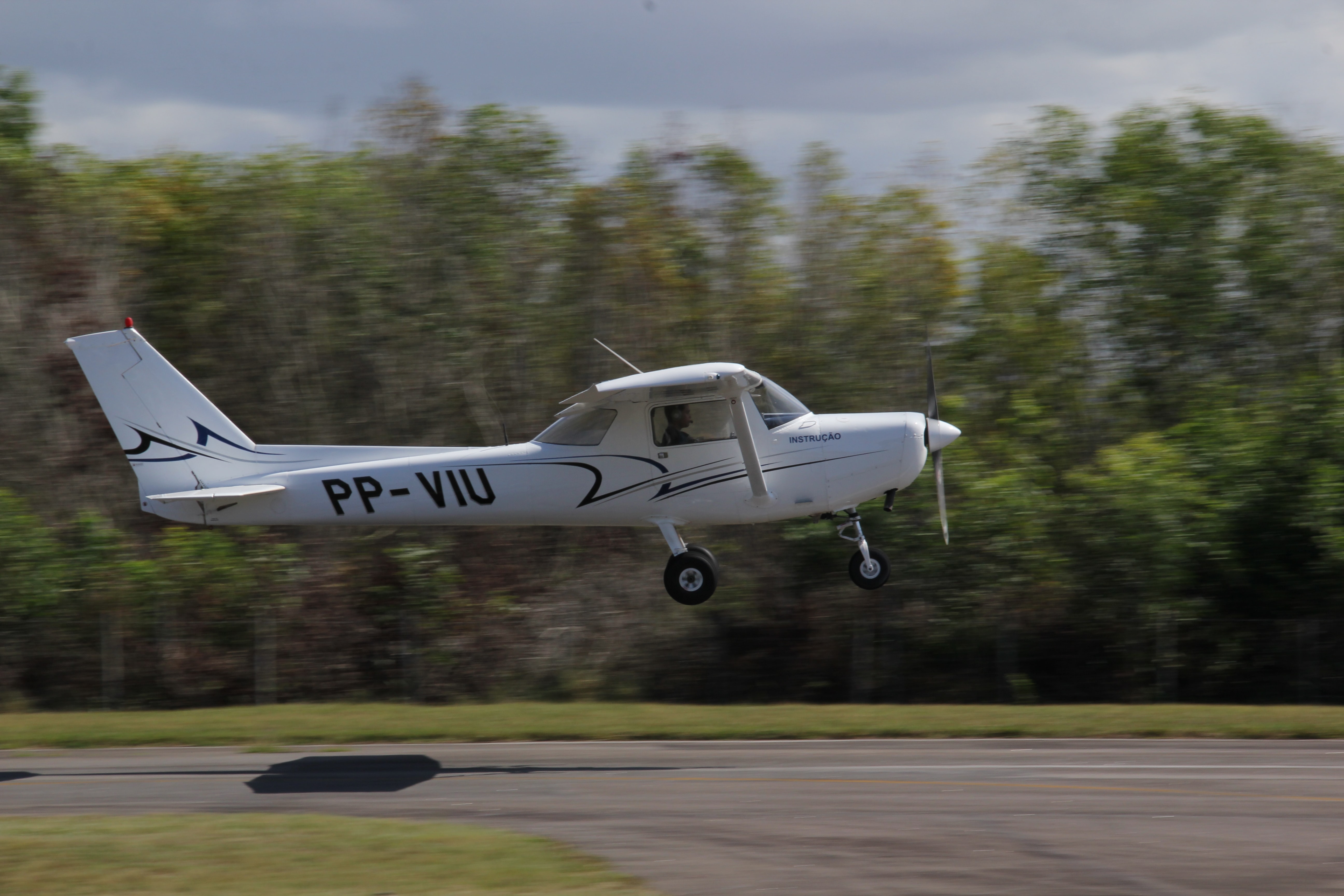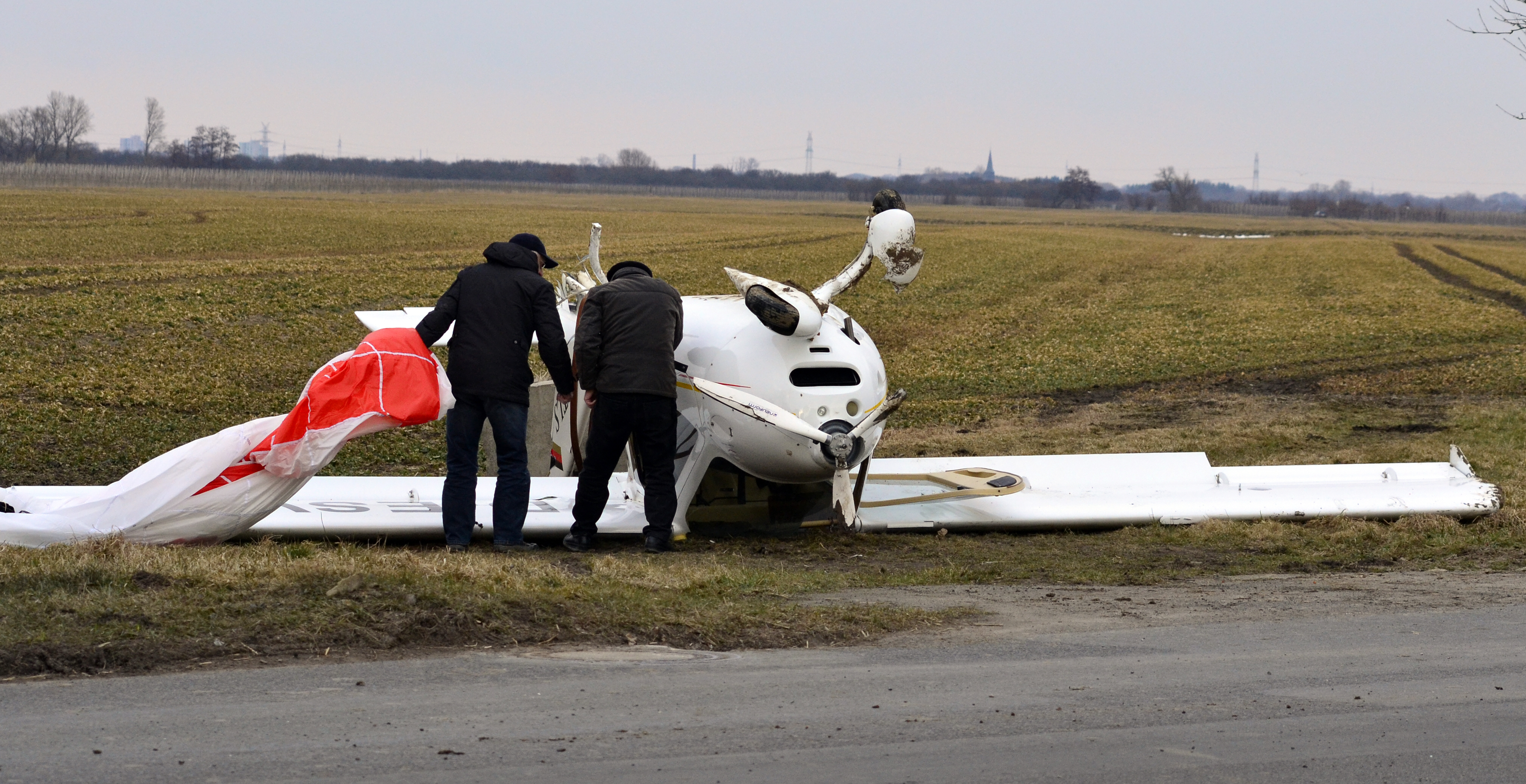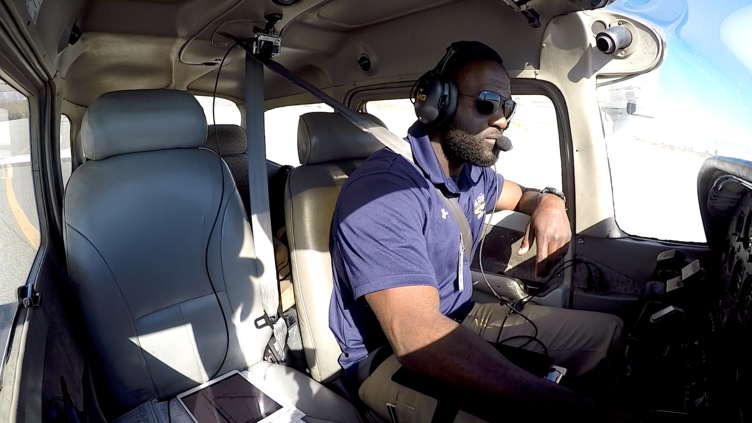General Aviation: Two Mid-air collisions within weeks

In a previous article; ‘Are General Aviation Accidents On The Rise?’, we looked at the data on general aviation (GA) accidents to help answer the question; Are GA Accidents On The Rise? What we found is that the data do not support the idea that GA accidents are on the rise. We speculate that the reason GA accidents seem more numerous today is that they are being reported more now than in the past. The data shows a slight decline in GA accidents over the years.
For more reading on this, see also: ‘Are General Aviation Accidents on The Rise?’, ‘Trevor Jacob: “I crashed my airplane” .’, and ‘“Increased” General Aviation accidents and their effect on insurance premiums.’.
Now, recently there have been two separate mid-air collisions occurring a month apart from each other, which have been getting a lot of attention in the media. Does this mean that GA accidents are now on the rise and by extension mid-air collisions? Or, is it the same effect we saw in the previously mentioned article, where these accidents are being more frequently and effectively reported on? In this week’s digest, we wanna share a couple of stories on these two accidents to help the reader in coming up with his/her own conclusion on GA accidents and by extension mid-air collisions.
____________________
Four people killed when two small planes collide mid-air near Las Vegas

Four people were killed when two small planes collided mid-air at an airport near Las Vegas, say officials. The fatal accident took place on Sunday afternoon at the North Las Vegas Airport, with the North Las Vegas Fire Department confirming the deaths. The Federal Aviation Administration says that a single-engine Piper PA-46 and a single-engine Cessna 172 collided in the traffic pattern around 12pm. FAA officials say the Piper PA-46 was preparing to land when it collided with the Cessna 172.
By Graeme Massie | Yahoo Life
New details released about Las Vegas aircraft collision that killed 2 Idahoans

LAS VEGAS (AP) — Two single-engine aircraft banked from opposite directions toward the same runway in North Las Vegas last month, before crashing and killing all four people aboard, a preliminary report by federal crash investigators showed Friday. A National Transportation Safety Board diagram of the July 17 crash clearly shows the paths of a Piper PA-46 from Coeur d’Alene, Idaho, with two people aboard ,and a Cessna 172 with an instructor and student pilot, come together at North Las Vegas Airport.
By Ken Ritter | Associated Press
Two Planes Crash in Mid-Air—Multiple Deaths

Several people were killed after two planes collided mid-air in California on Thursday afternoon. A single-engine Cessna 152 and a twin-engine Cessna 340 crashed over Watsonville Municipal Airport, authorities said. According to a statement from the Federal Aviation Administration (FAA) sent to Newsweek, the planes collided during their final approaches to the airport. City officials said “multiple” people were killed in the crash.
By Isabel Van Brugen | Newsweek
Update: 3 people, dog killed after 2 planes collide mid-air in Watsonville: It ‘just spiraled down’

There were two people and a dog aboard a twin-engine Cessna 340 and only the pilot aboard a single-engine Cessna 152 during the crash, National Transportation Safety Board air safety investigator Fabian Salazar said. The dog and all three people were killed. The Federal Aviation Administration and the NTSB are investigating, the Santa Cruz County Sheriff’s Office said…
By Yahoo News
_____________________________
Thank you for reading this week’s On Aviation™ digest. Do you believe that general aviation accidents are now back on the rise? Please share your thoughts in the comments below, and remember to continue the conversation on our Twitter and Instagram.
Orlando – On Aviation™
_____________________________
Note: The views and opinions expressed in the content shared in this digest are for informational purposes only, are solely those of the original content creators, and do not constitute an endorsement by or necessarily represent the views of On Aviation™ or its affiliates.





